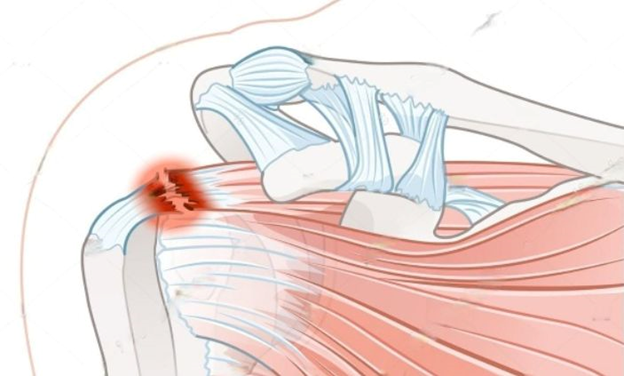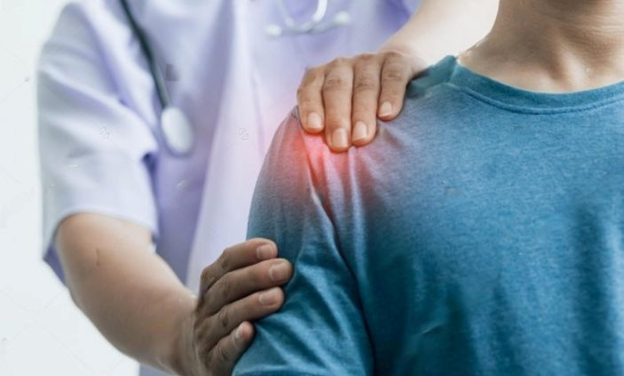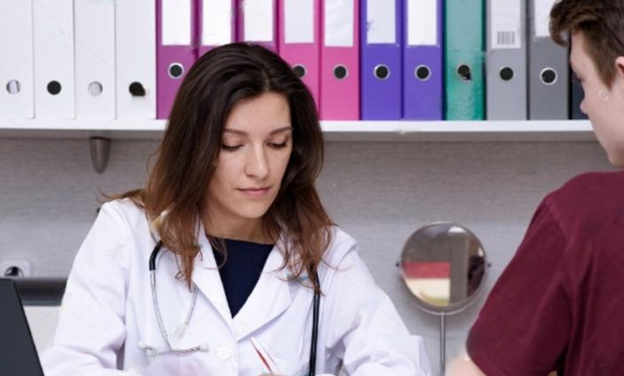Dr. rahul khanna
M.S. (ORTHO), FIASM, FIA
Specialist Joint Replacement, Arthroscopy & Sports Injury
Menu
Dr. rahul khanna
M.S. (ORTHO), FIASM, FIA
Specialist Joint Replacement, Arthroscopy & Sports Injury
Menu
Life After Rotator Cuff Repair: Tips for a Successful Recovery
Rotator cuff injuries can be crippling, making it difficult to carry out daily chores and engage in hobbies. Fortunately, rotator cuff repair surgery is now a feasible option for a large number of people because of advances in medical technology. But the path to rehabilitation can be difficult and calls for perseverance and commitment. To guarantee a full recovery, we’ll go over some advice in this blog post on how to handle life following rotator cuff repair surgery.

Understanding Rotator Cuff Repair Surgery
It’s important to comprehend the procedures involved in rotator cuff repair surgery before diving into recuperation advice. A collection of tendons and muscles that surround the shoulder joint and aid in stability is called the rotator cuff. It can be required to do surgery to heal these tissues if they have been harmed by an injury or deterioration. During rotator cuff repair surgery, the injured tendon is sewn back to the bone using sutures or anchors, allowing it to gradually recover and become stronger.
Tip 1: Follow Your Doctor’s Instructions
Following your doctor’s advice is one of the most important things for a full recovery. You will receive detailed instructions from your surgeon about post-operative care, which will include exercises, activity limitations, and follow-up appointments. To encourage appropriate recovery and avoid difficulties, it is imperative that you carefully adhere to these guidelines.
Tip 2: Gradually Resume Activities
Even though it’s normal to desire to resume your regular schedule as soon as possible, it’s important to proceed with activities cautiously and gradually. Initiating physically demanding tasks or lifting weighty items prematurely may compromise your recuperation and raise the possibility of re-harm. Your physical therapist may suggest mild range-of-motion exercises to begin with. As your doctor instructs, progressively advance to more difficult exercises.
Tip 3: Focus on Physical Therapy
A vital part of the recovery process following rotator cuff repair surgery is physical therapy. Your physical therapist will create a personalized workout regimen to increase your shoulder’s range of motion, strength, and flexibility. Your recovery from surgery will be accelerated and the long-term results will be improved if you regularly attend physical therapy sessions and complete the recommended exercises at home.

Tip 4: Practice Patience
It takes time to heal from rotator cuff repair surgery, therefore patience is crucial during this phase. During the healing phase, it’s common to feel sore, and rigid, and to see oscillations in your development. While acknowledging little accomplishments along the road, be ready for obstacles and disappointments. Maintain your commitment to your rehabilitation program and have faith in the healing process, understanding that progress may be slow but eventually fruitful.
Tip 5: Take Care of Your Overall Health
During the healing phase, pay attention to both your shoulder rehabilitation and your general health. Consume a nutrient-rich, well-balanced diet to promote healing and keep your weight in check. Make sure you get enough sleep every night to aid in healing and lower stress levels. Steer clear of smoking and heavy alcohol use since these can hinder the healing process and raise the possibility of problems.
Tip 6: Communicate With Your Healthcare Team
Throughout the healing process, you must maintain open and honest contact with your healthcare staff. Please do not hesitate to contact your physical therapist or surgeon if you are experiencing any worrisome signs, such as swelling or chronic pain. They can offer advice, modify your treatment plan as needed, and quickly take care of any problems that crop up.

Improve the Chance of Recovery
Following rotator cuff repair surgery, recovery necessitates perseverance, dedication, and a proactive rehabilitation strategy. You can improve your chances of a full recovery and a return to an active, fulfilling lifestyle by paying attention to your general health, gradually increasing your activities again, prioritizing physical therapy, exercising patience, and following your doctor’s instructions. You can also foster open communication with your healthcare team. Keep in mind that every person’s road to recovery is different, so pay attention to your body and have faith in the process as you strive to restore shoulder strength and function. Ready to heal and build up your shoulder strength? Make an appointment with Dr. Rahul Khanna right now to begin your journey to a full recovery!”
Emergency?
24 Hour Ready
Call Us for Emergency
+91-9828501360
Book an Appointment
Seamless Fitness Care Access: Booking an Appointment with Your
Trusted Doctor